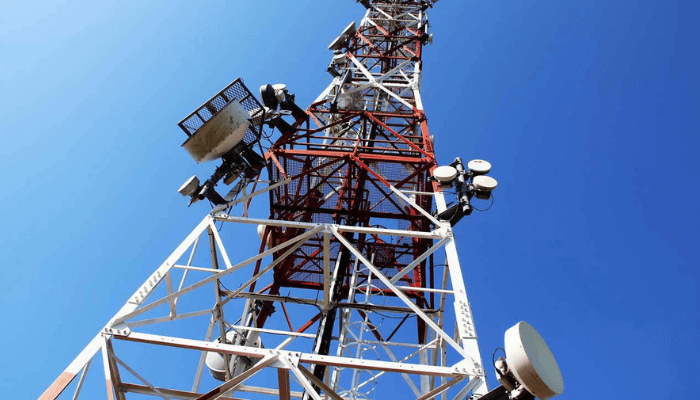Experts in the tech and telecom industries have highlighted the need for improved connectivity to enhance Nigeria’s e-governance capabilities.
This was the focus of discussions at the Nigeria eGovernment Summit 2024, themed ‘Transforming Governance with Technology for Improved Economy.’
Reuben Oshomah, Regional Director at Avanti Satellite, noted that connectivity is the foundation of e-governance. As a successful case study, he cited Estonia, a small European country with 90 percent connectivity despite having only 30 percent of Nigeria’s population.
Read also: Telecom sector loses steam on mounting losses, slowing investments
According to the Nigerian Communications Commission, broadband penetration stood at 43.53 percent in March 2024. “50 percent of those who want to connect live in rural and remote areas,” Oshomah said.
Lanre Ajayi, executive chairman of DigiServe Network Services Limited, stated that most government forms in the country are still in paper form when they should be online. “There is next to zero eGovernment deployment taking place at the state and local government level, except probably for a few states like Lagos state where services like tax,” he said.
Hauwa Buba Wakili, head of Digital Skills and Services at the Nigerian Communications Commission (NCC), stated that the commission is aware of the current limitations of e-governance and is taking steps to address them,
“We have been focused on infrastructure and have developed a policy to drive indigenous content in the telecom sector. We’re looking at manufacturing, capacity building, and R&D. All SIM cards are now being produced in Nigeria,” she said.
Oshomah of Avanti Satellite noted that collaboration between the public and private sectors is key to achieving widespread digital access.
“We all need to come together. We need strong partnerships between the public and private sectors. The private sector will bring their expertise and funding for legitimate projects, while the government will provide financing, policies, a conducive environment, and ensure safety,” he stated.
Tayo Adenuga-Taiwo, CEO of Fibreworld Telecommunications Network Limited, noted that hybrid solutions are essential for achieving maximum connectivity.
“To achieve maximum penetration, we need hybrid solutions. Where fibre cannot reach, satellite and radio should be used. If we aim for sustainable e-government, the infrastructure base must be robust and enduring,” he said.
He also raised concerns about data management and security within e-governance systems, “We have the infrastructure, but how do we effectively use it for e-governance? Data must be properly gathered and accessible to all arms of government. Moreover, security measures must be in place. If we’re telling people their data will be used in an e-government solution, we need to assure them their information is secure.”
Read also: Telecom cable vandals face 10-year jail term
Adenuga-Taiwo emphasised the importance of digital literacy. “We need to build trust in the government. When the government educates people on how to use these systems, it fosters trust in and with the government,” he said.
Experts at the event agreed that improving egovernance is key to promoting transparency, efficiency, and accessibility of government services.
Bosun Tijani, minister of Communications, Innovation, and Digital Economy, recently stated, “In serving people better, we must use technology to make it easier for people to access the services that the government provides. It is important to bring everyone that is responsible for technology within the federal government together to provide leadership for how we use that technology.”
To achieve this, the ministry recently released a draft, ‘National Digital Economy and E-Governance Act, 2024,’ which aims to mandate, promote, and enable the digital transformation of public institutions and government processes for efficient and effective service delivery.

